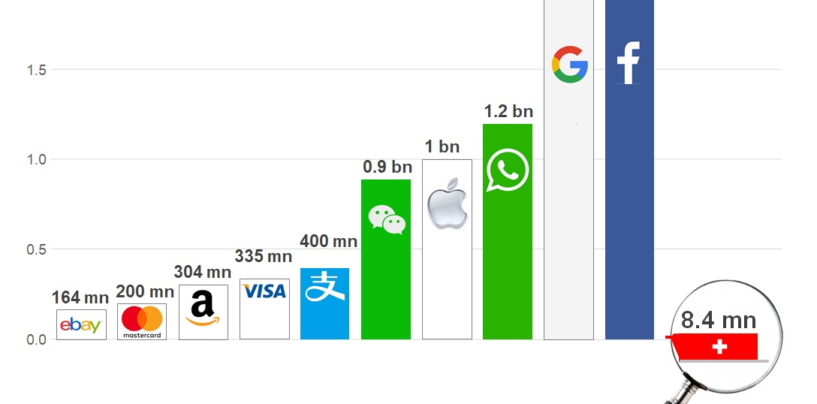
Posts From Prof. Patrick Schueffel
Central Bank Digital Currency vs. Crypto: When Two Quarrel the Golden Third Rejoices
Cryptocurrencies are increasingly competing with state-issued legal tender. To hamper the advance of Bitcoin, central banks are developing digital legal tender. An old acquaintance from economic history will be rejoicing a third option. Central banks will do themselves a tremendous
Read More10 years Blockchain. The Race is on: Blockchain vs. Tangle vs. Hashgraph
In a few months we will join the chorus of well-wishers and collectively sing «Happy birthday, dear Blockchain!». Yes, indeed, on October 31st 2008 Satoshi Nakamoto published his famous white paper describing the Blockchain. So, the Blockchain will officially turn
Read MoreYou got it wrong: There is no currency battle “Crypto vs. Fiat”
Every so often I come across articles such as “7 Reasons Why Bitcoins Are Better Than Fiat Currencies” and thread headlines in discussion forums such as “This is why we hate fiat currency and why cryptocurrency should prosper”. What authors
Read MoreLessons From Swiss Payment Initiative Twint
In Switzerland a consortium made up by some of the country’s largest banks such UBS, Credit Suisse, Postfinance etc. attempts to introduce a new mobile payment system and digital wallet by the name of Twint. So far it has failed
Read More




